Hackers breach San Francisco water treatment plant
A successful attack could have poisoned the well


A hacker accessed systems belonging to a water treatment plant in the San Francisco Bay area and deleted applications the plant used to treat drinking water.
The incident happened in January but only came to light this week. According to reports by NBC News, the hackers used the username and password from a former employee's TeamViewer account to gain access to the plant and delete programs.
There is no indication who the hacker was or what their motivations were, according to a private report compiled by the Northern California Regional Intelligence Center in February.
The breach went undetected until the next day. Once plant staff noticed the breach, it reinstalled all the deleted programs and reset all employee passwords.
"No failures were reported as a result of this incident, and no individuals in the city reported illness from water-related failures," the report said.
According to some reports, the hacker "tried to poison" the area's water, but Michael Sena, executive director of the Northern California Regional Intelligence Center, told the San Francisco Chronicle there was no attempt to poison the water supply.
“No one tried to poison any of our water,” he told the newspaper. “That is not accurate”.
Sign up today and you will receive a free copy of our Future Focus 2025 report - the leading guidance on AI, cybersecurity and other IT challenges as per 700+ senior executives
“It takes a lot to influence a water supply chain,” he said. “For a large impact, there has to be a large change in the chemicals in the system. The amount of chemicals it would take to cause harm to people...the numbers are astronomical.”
Joseph Carson, chief security scientist at ThycoticCentrify, told IT Pro that this highlights and reminds us how bad password hygiene is getting and how important it is for organizations to priorities password security and management.
“Organizations must help employees move passwords into the background, so they do not have to choose, remember or store passwords, using privileged access security solutions helps organizations reduces the risk of weak passwords which is a common cause of many security incidents and data breaches moving passwords into the background at the same time reducing cyber fatigue,” Carson said.
Carson added that organizations must have a solid provisioning and deprovisioning process for privileged access, especially for employees with remote access to sensitive systems.
“Companies should demand multi-factor authentication by default and integrate it into privileged access management security solutions, as this breach shows the importance of not letting a password be your only security control,” he said.
Rene Millman is a freelance writer and broadcaster who covers cybersecurity, AI, IoT, and the cloud. He also works as a contributing analyst at GigaOm and has previously worked as an analyst for Gartner covering the infrastructure market. He has made numerous television appearances to give his views and expertise on technology trends and companies that affect and shape our lives. You can follow Rene Millman on Twitter.
-
 What is Microsoft Maia?
What is Microsoft Maia?Explainer Microsoft's in-house chip is planned to a core aspect of Microsoft Copilot and future Azure AI offerings
-
 If Satya Nadella wants us to take AI seriously, let’s forget about mass adoption and start with a return on investment for those already using it
If Satya Nadella wants us to take AI seriously, let’s forget about mass adoption and start with a return on investment for those already using itOpinion If Satya Nadella wants us to take AI seriously, let's start with ROI for businesses
-
 Foreign states ramp up cyberattacks on EU with AI-driven phishing and DDoS campaigns
Foreign states ramp up cyberattacks on EU with AI-driven phishing and DDoS campaignsNews ENISA warns of hacktivism, especially through DDoS attacks
-
 A new 'top-tier' Chinese espionage group is stealing sensitive data
A new 'top-tier' Chinese espionage group is stealing sensitive datanews Phantom Taurus has been operating for two years and uses custom-built malware to maintain long-term access to critical targets
-
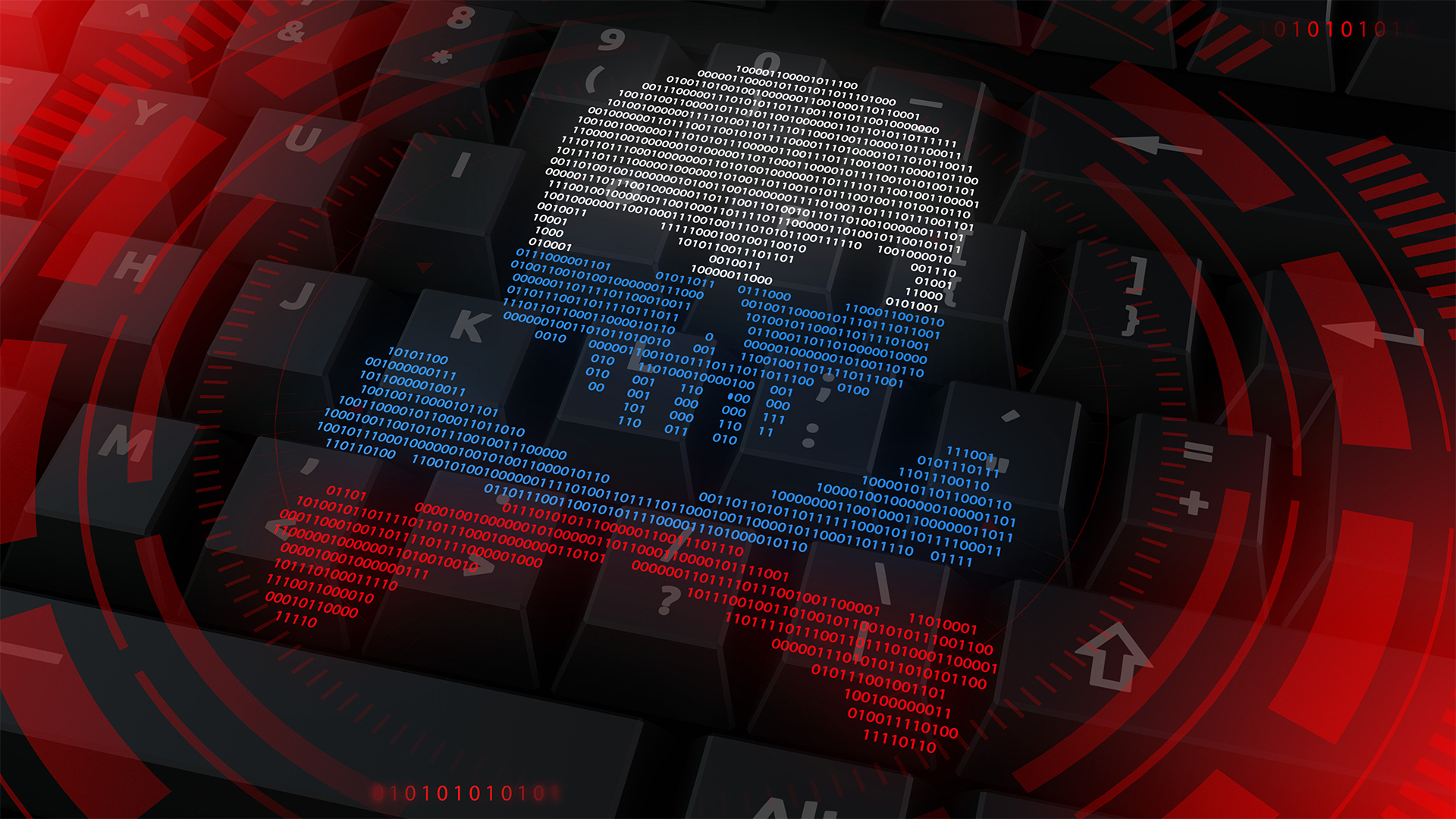 ‘States don’t do hacking for fun’: NCSC expert urges businesses to follow geopolitics as defensive strategy
‘States don’t do hacking for fun’: NCSC expert urges businesses to follow geopolitics as defensive strategyNews Paul Chichester, director of operations at the UK’s National Cyber Security Centre, urged businesses to keep closer tabs on geopolitical events to gauge potential cyber threats.
-
 Three ways to evolve your security operations
Three ways to evolve your security operationsWhitepaper Why current approaches aren’t working
-
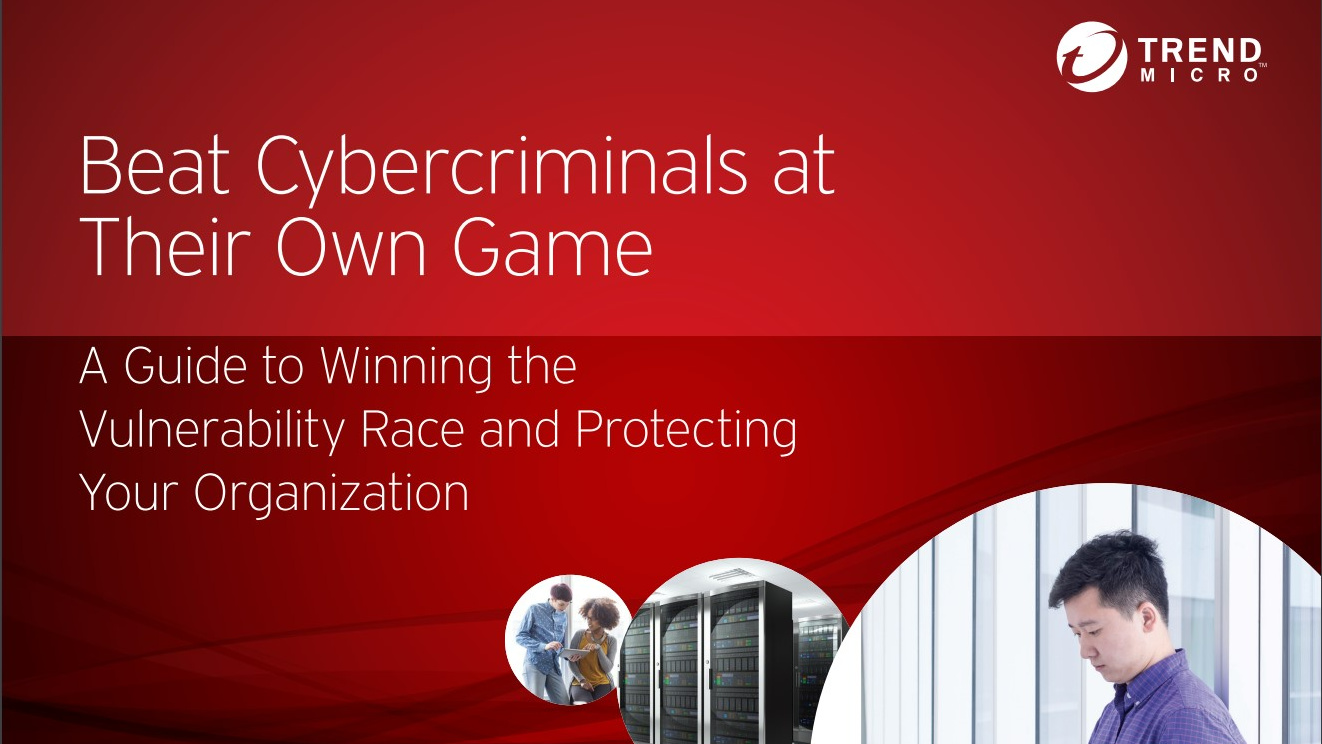 Beat cyber criminals at their own game
Beat cyber criminals at their own gameWhitepaper A guide to winning the vulnerability race and protection your organization
-
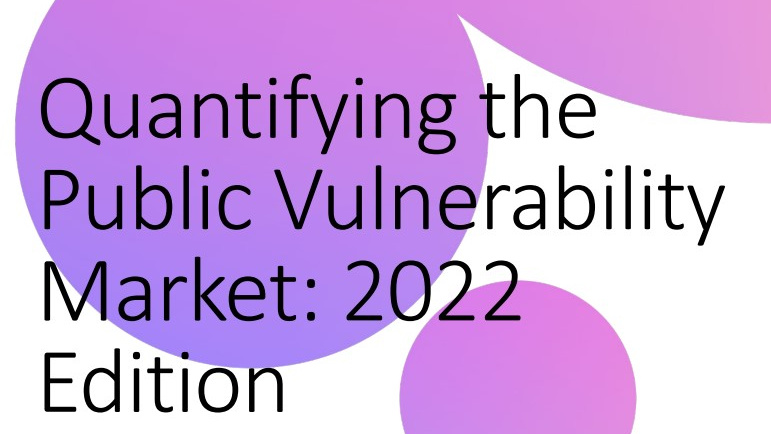 Quantifying the public vulnerability market: 2022 edition
Quantifying the public vulnerability market: 2022 editionWhitepaper An analysis of vulnerability disclosures, impact severity, and product analysis
-
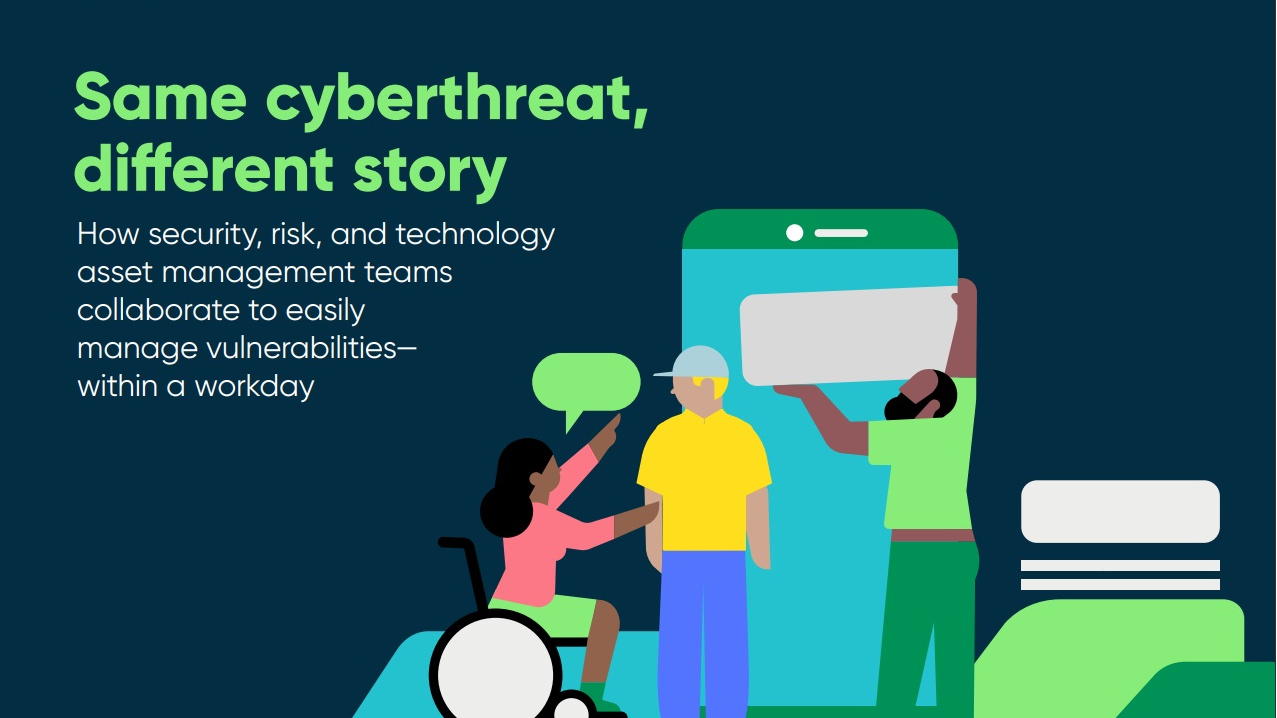 Same cyberthreat, different story
Same cyberthreat, different storyWhitepaper How security, risk, and technology asset management teams collaborate to easily manage vulnerabilities
-
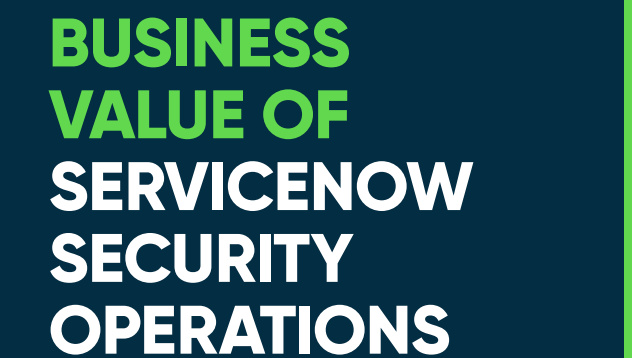 Business value of ServiceNow security operations
Business value of ServiceNow security operationsWhitepaper Experience transformational gains from automating workflows and data-sharing among IT, security, and risk teams to rapidly remediate threats
